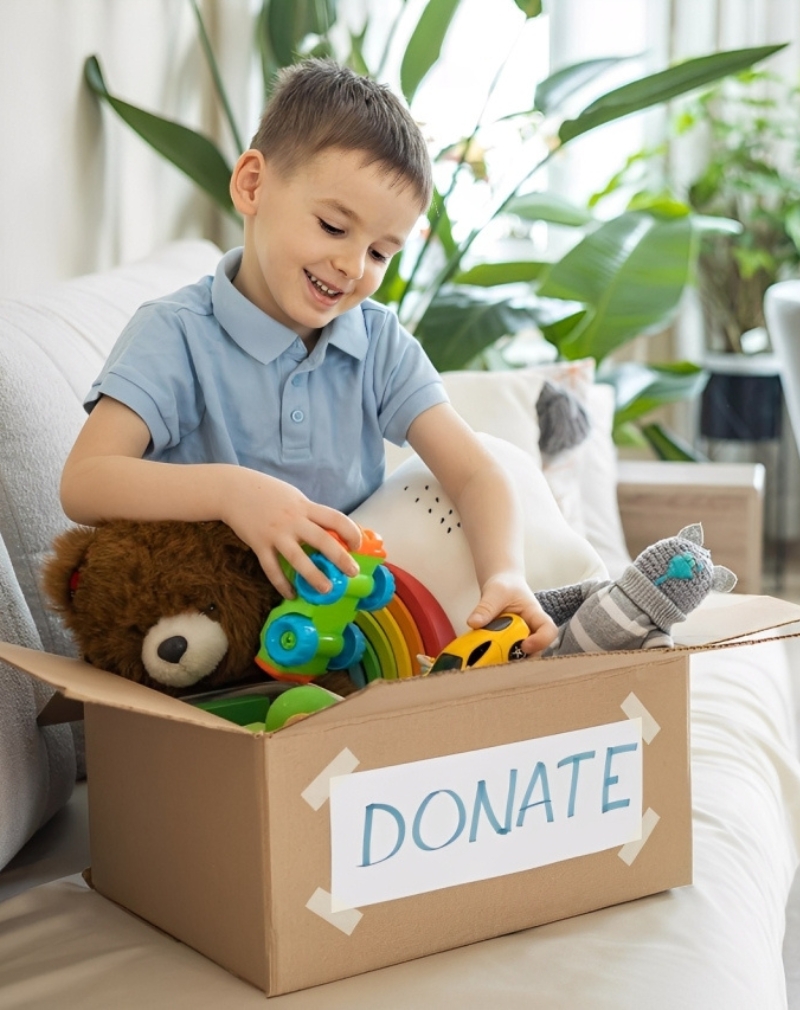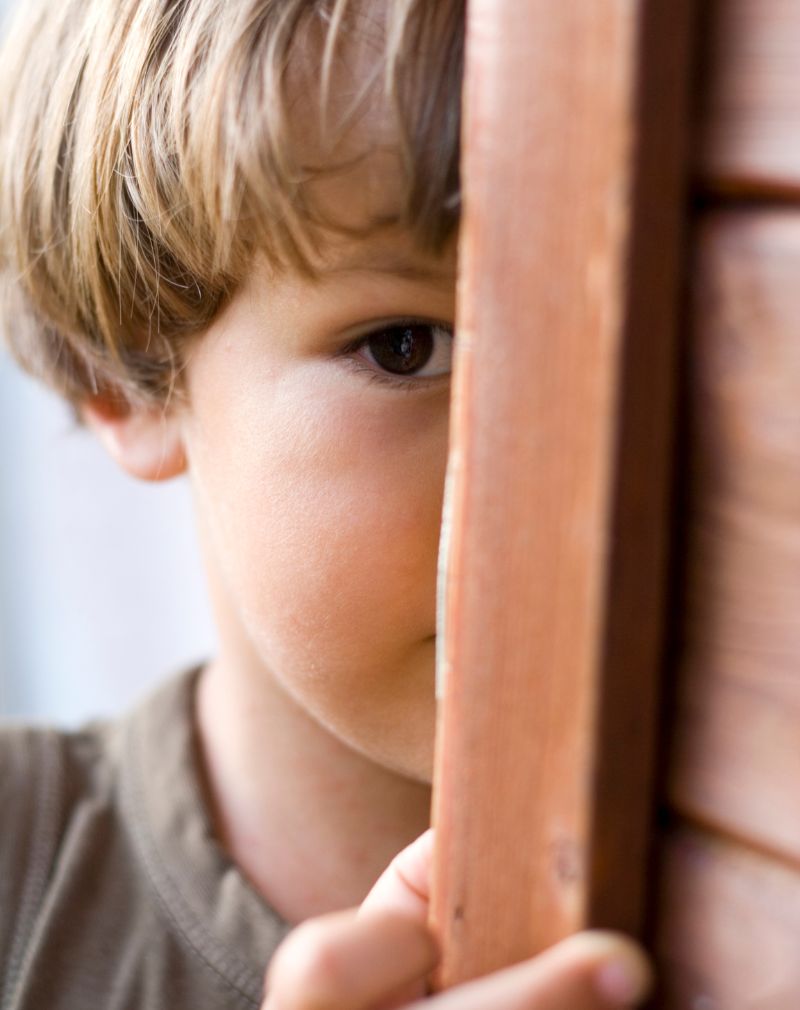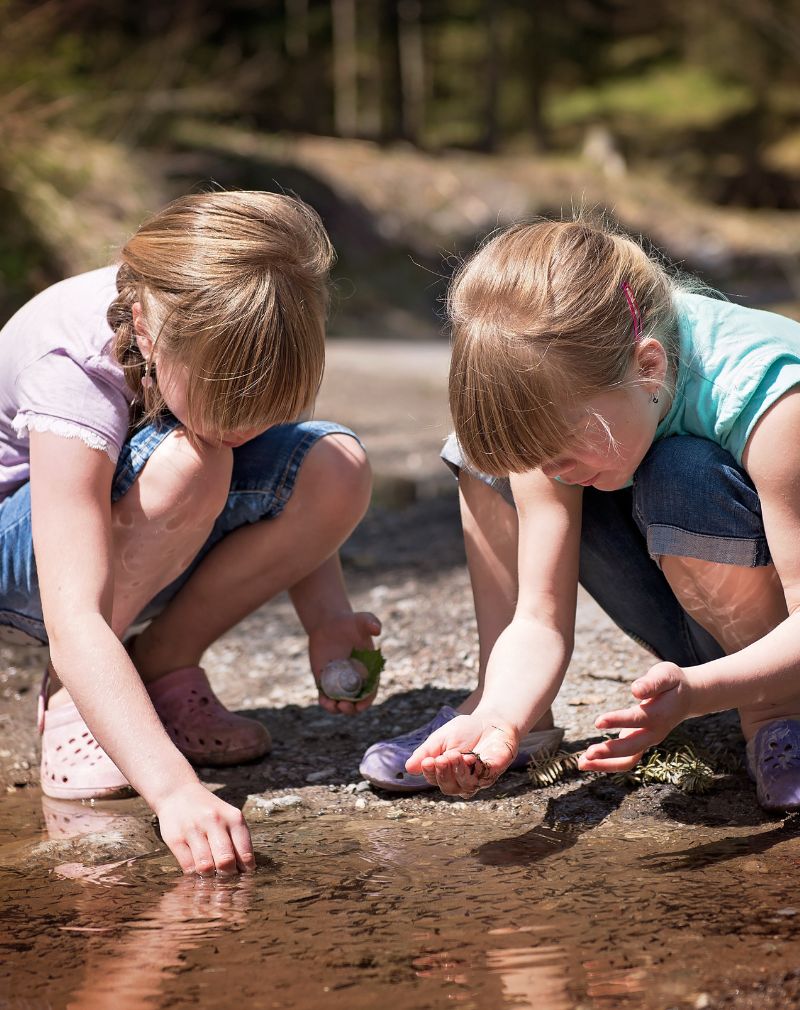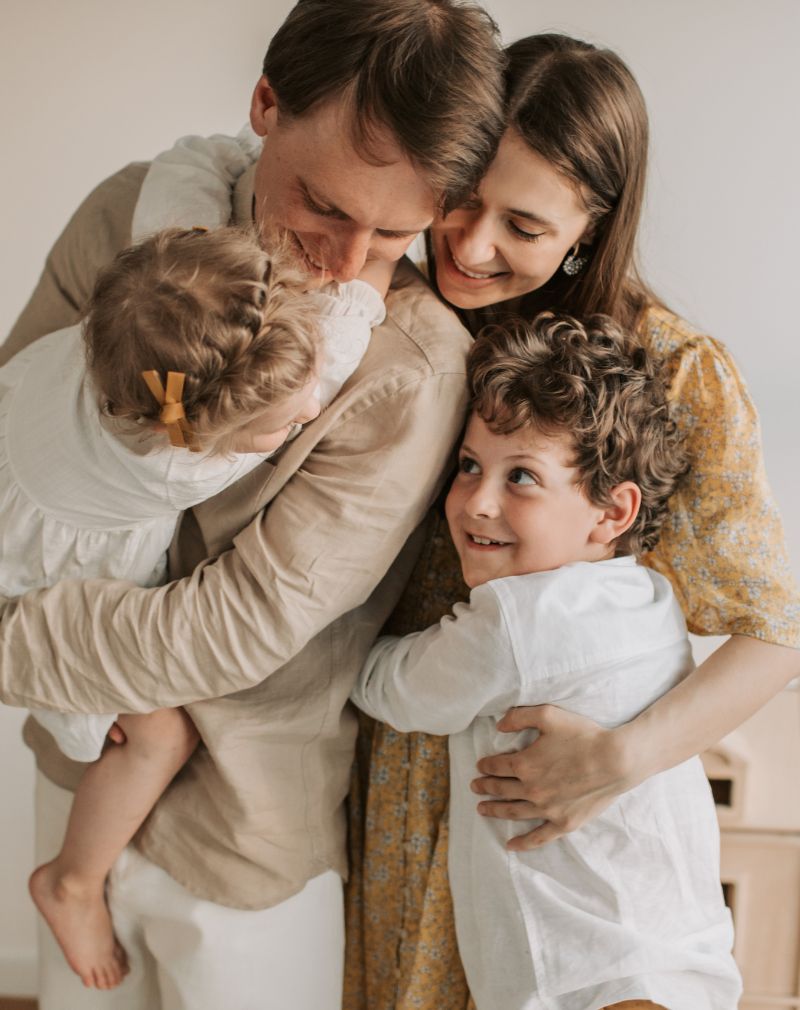Some kids say “sorry” too quickly. They give up their turn, agree to things they don’t want, and stay quiet even when they’re uncomfortable.
We call them polite. Respectful. Easy to raise.
But here’s the hard truth: many of these children aren’t calm. They’re anxious. They’re afraid of disappointing others. And by the time we notice, that fear has already shaped how they see themselves.
Global mental health data shows a 32% rise in anxiety and low self-worth among children who try too hard to please. That’s not a phase. That’s a pattern.
Parents want their kids to be kind. Of course they do. But kindness without boundaries doesn’t grow confidence. It grows silence.
At The American Wellness Center in Dubai Healthcare City, our Child & Adolescent Psychology team works with families every day to shift this balance; toward kindness with strength, empathy with voice, and respect without fear.
What Is the Difference Between Kindness and Compliance?
Kindness is rooted in empathy. It’s the ability to care, to notice someone else’s needs, and to respond in a way that feels genuine.
Compliance looks similar but comes from a different place. It’s agreement out of fear—fear of punishment, fear of rejection, fear of being seen as “difficult.”
Many children nod along, stay quiet, or give in quickly. Not because they agree, but because they don’t feel safe doing otherwise.
- A child who helps a friend carry books is kind.
- A child who keeps carrying them even while in pain is being compliant.
- The difference lies in choice: kindness is free, compliance is pressured.
Over-compliance often hides distress. A child who never disagrees is not necessarily content; they may simply have learned that their voice doesn’t matter.
Why Too Much Compliance Can Be Harmful
On the surface, compliant children seem easy to parent and easy to teach. They rarely argue. They follow the rules. They appear calm.
But compliance at all costs comes with a hidden price. These children are more likely to suppress emotions, give in to peer pressure, and develop patterns of people-pleasing that follow them into adulthood.
Recent data shows they are more than twice as likely to struggle with assertiveness during their teenage years. That struggle doesn’t just affect confidence. It shapes friendships, academic choices, and even future relationships.
- The “quiet” child may be carrying silent anxiety.
- The “well-behaved” student may be avoiding conflict at any cost.
- Saying yes too often leaves no room for a child to practice saying no.
Helping a child feel safe to disagree isn’t about encouraging defiance. It’s about protecting their mental health.
What Healthy Kindness Looks Like in a Child
Healthy kindness is not about endless giving. It’s about empathy paired with boundaries.
Children who are emotionally balanced show warmth without losing their sense of self. They can offer help, but they also know when enough is enough.
Signs that a child is practicing healthy kindness:
- They can say, “I don’t want to play that game,” without fear.
- They share generously but also reclaim what belongs to them.
- They comfort a friend in distress without taking responsibility for fixing everything.
This is kindness with strength. Not quiet obedience, but care with confidence.
At The American Wellness Center in Dubai Healthcare City, we see this balance as a cornerstone of child development; where kindness grows alongside resilience, not in place of it.
What Encourages Over-Compliance in Kids
Children don’t wake up one day afraid to say no. It’s learned, piece by piece, in the spaces where they don’t feel safe to push back.
Parents often don’t notice it happening. A child praised only when they’re quiet, or scolded harshly for speaking up, quickly learns that silence equals safety.
Even well-meaning words: “Don’t make a fuss” or “Be a good boy” can teach a child to bury their feelings instead of naming them.
Add in academic pressure, cultural expectations, or inconsistent caregiving, and the message sinks deeper: keep the peace at any cost.
- A child who never argues isn’t always easy, they’re often scared.
- Too much praise for being “good” can erase the child behind the behavior.
- Trauma doesn’t always leave bruises; sometimes it leaves silence.
How to Raise a Child Who Is Both Kind and Strong
Kindness doesn’t mean being a doormat. True kindness has backbone. It means caring for others without losing yourself in the process.
Children can learn this balance earl but only if they see it modeled at home. When parents disagree respectfully, when they set limits with love, children absorb those lessons more than any lecture.
Give them words for what they feel. Sentences like, “You can care about others and still say no,” or “It’s okay to change your mind,” sound simple but build emotional armor that lasts.
- Role-play everyday situations: “What if a friend asks you to do something that feels wrong?
- Teach the “stop and check”: pause, notice what your body feels, then decide.
- Remind them that saying “no” even to an adult can be a sign of courage, not disrespect.
The goal is not to raise children who never bend. It’s to raise children who bend thoughtfully and know when to stand firm.
When to Seek Support from a Child Psychologist
Sometimes the signs are easy to miss. A child who never voices anger, who can’t choose without checking with you, who lives in constant fear of disappointing; it’s not just “being shy.” It’s a red flag.
Left unaddressed, over-compliance grows into anxiety, poor self-esteem, and difficulty forming healthy relationships. These are not stages kids simply “outgrow.”
- A child who can’t say no is a child who is unprotected.
- If every decision feels heavy, it’s time to pay attention.
- Anxiety around authority is not respect; it’s fear.
At The American Wellness Center in Dubai Healthcare City, our Child & Adolescent Psychology team helps families untangle these patterns. We offer therapy for emotional regulation, coaching for parents, and group programs that teach children social strength.
Because the sooner a child learns their voice matters, the safer they will feel using it.
When Silence Costs Too Much
Raising a kind child should never mean raising a child who disappears inside themselves.
We’ve seen too many children praised for being “easy” while quietly drowning in fear of saying the wrong thing. By the time they sit in our office, the habit of silence has hardened. Undoing it takes longer than it should.
The truth is simple: kids don’t outgrow fear. They carry it forward. Into friendships. Into school. Into adulthood.
- Compliance feels safe now, but it steals confidence later.
- A child who never says no grows into an adult who cannot.
- Waiting for things to “sort themselves out” is the slowest way to lose a child’s voice.
If you’re reading this, it’s because you’ve already felt the unease. That whisper that your child is too quiet, too agreeable, too afraid to push back.
At The American Wellness Center in Dubai Healthcare City, we don’t wait until that whisper becomes a scream. We help children find their voice, and parents learn how to protect it.
If you’ve read this far, you already know it’s time. Let us take the next step with you.



